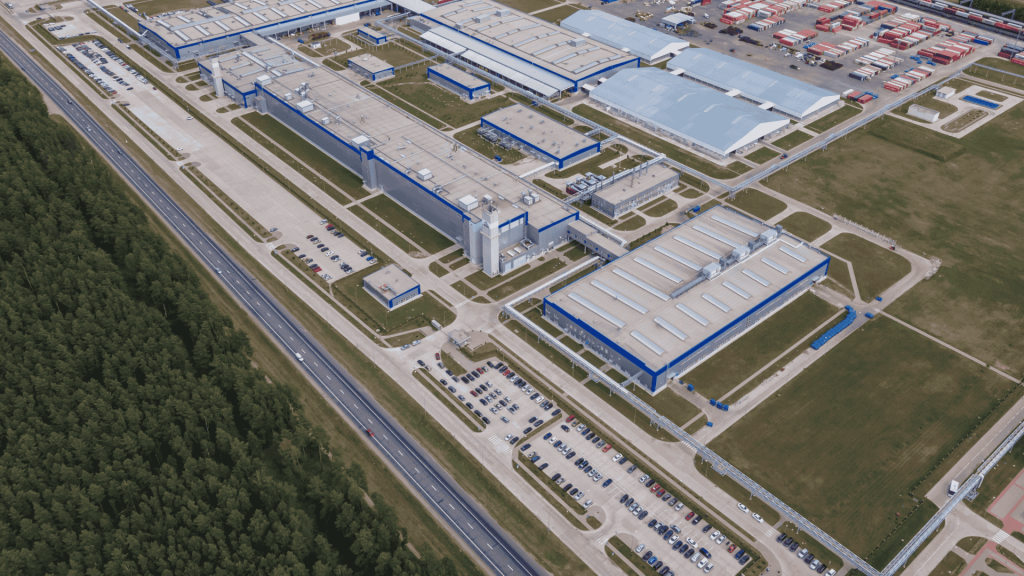
As advancements in technology continue to evolve, the agricultural, residential, and construction sectors have seen significant improvements in water management and supply solutions. One of the most critical components in this domain is the deep well submersible pump. In this article, we will explore the latest innovations in deep well submersible pump technology, highlighting how these advances can benefit farmers, homeowners, and construction professionals.
Introduction to Deep Well Submersible Pumps
Deep well submersible pumps are essential for accessing water from deep underground sources. These pumps are designed to operate underwater, pushing water to the surface efficiently. The primary uses include irrigation for farming, water supply for homes, and water management in construction projects.
Enhanced Efficiency and Performance
Advanced Motor Technology
Recent innovations in motor technology have significantly enhanced the efficiency of deep well submersible pumps. Newer models feature brushless DC motors, which offer higher efficiency, longer lifespan, and reduced maintenance compared to traditional motors. These motors are designed to operate with minimal friction, reducing energy consumption and lowering operational costs for users.
Improved Hydraulics
Modern deep well submersible pumps incorporate advanced hydraulic designs that optimize water flow and pressure. Enhanced impeller and diffuser designs ensure smoother water passage, reducing turbulence and increasing overall pump efficiency. This results in a more reliable and consistent water supply, crucial for irrigation and household use.
Smart Control Systems
IoT Integration
The integration of Internet of Things (IoT) technology in deep well submersible pumps has revolutionized water management. IoT-enabled pumps can be monitored and controlled remotely via smartphones or computers. This allows users to adjust pump settings, track performance, and receive maintenance alerts, ensuring optimal operation and preventing downtime.
Automated Operations
Automation in deep well submersible pumps has made water management more efficient and less labor-intensive. Automated start-stop functions based on water demand and level sensors ensure that the pump operates only when necessary, conserving energy and extending the pump’s lifespan. This is particularly beneficial for farmers who need a reliable and efficient irrigation system.
Durability and Reliability
Corrosion-Resistant Materials
To address the challenges of harsh environments, the latest deep well submersible pumps are constructed with corrosion-resistant materials such as stainless steel and high-grade polymers. These materials enhance the durability and longevity of the pumps, making them suitable for use in various water conditions, including those with high mineral content.
Enhanced Sealing Mechanisms
Advanced sealing technologies have been developed to prevent water ingress into the motor and electrical components of the pump. Improved seals and protective coatings ensure that the pumps can withstand prolonged submersion and harsh operating conditions, reducing the risk of failure and maintenance needs.
Energy Efficiency and Sustainability
Solar-Powered Pumps
With a growing emphasis on sustainability, solar-powered deep well submersible pumps have gained popularity. These pumps harness solar energy to operate, reducing reliance on conventional power sources and lowering energy costs. Solar-powered pumps are particularly advantageous for remote areas with limited access to electricity, providing an eco-friendly water supply solution.
Variable Frequency Drives (VFDs)
Variable Frequency Drives (VFDs) are being increasingly used in deep well submersible pumps to enhance energy efficiency. VFDs regulate the pump’s speed based on water demand, reducing energy consumption and wear on the pump. This technology not only saves energy but also improves the overall performance and longevity of the pump.
Conclusion
The latest advances in deep well submersible pump technology offer numerous benefits for farmers, homeowners, and construction professionals. With improved efficiency, smart control systems, enhanced durability, and a focus on sustainability, these pumps are becoming more reliable and cost-effective. Investing in modern deep well submersible pumps can lead to better water management and supply, ultimately supporting more productive and sustainable practices in agriculture, residential water use, and construction projects.
For more information on how to choose the right pump for your needs, visit our Guide to Selecting the Best Submersible Pump.
